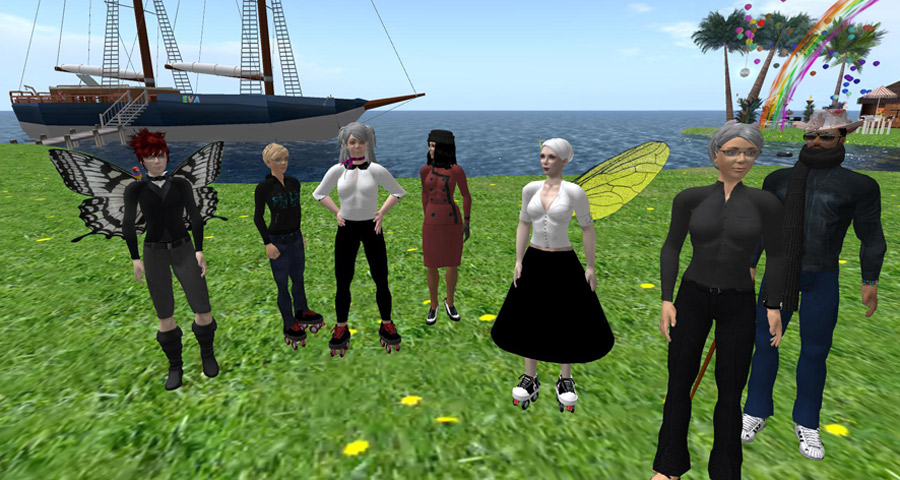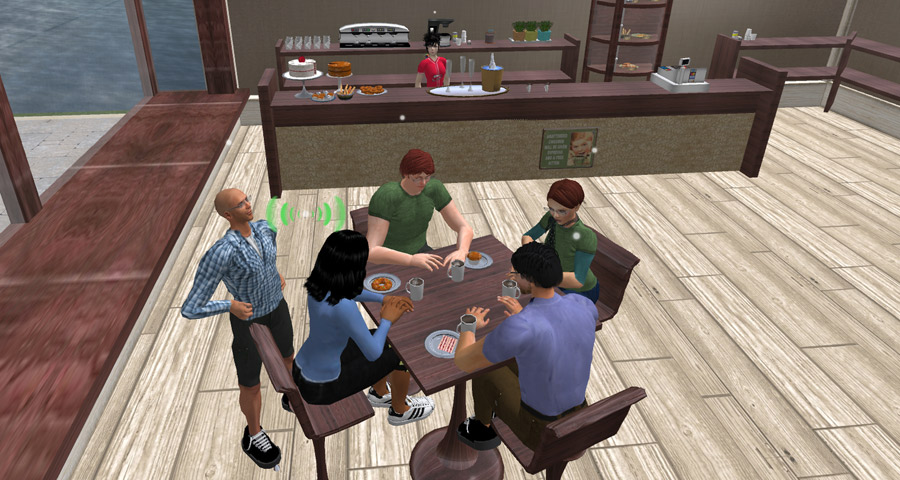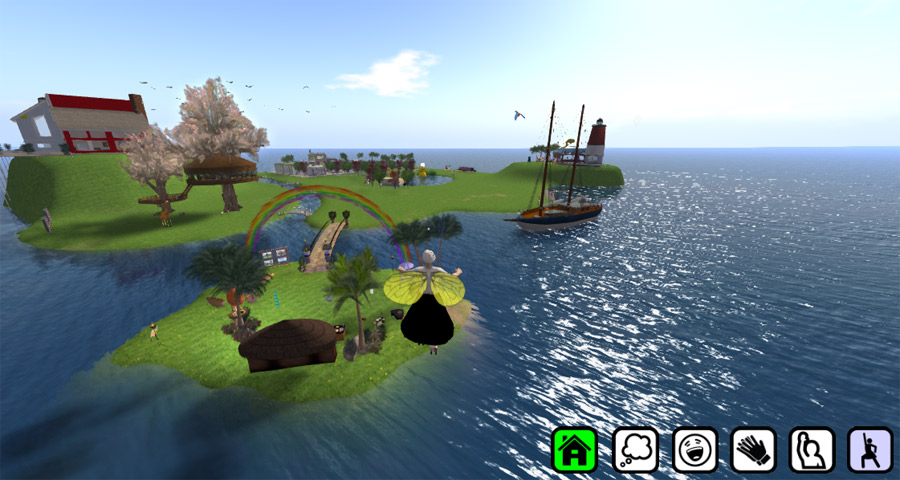Eva Park is a virtual world where stroke survivors can do things like go to a health centre, a hairdresser or cafe, and connect with other users. It is specifically designed for stroke survivors with a communication problem called aphasia.
Researchers funded by the Stroke Association created this new virtual world, providing an exciting online therapy venue for stroke survivors with communication difficulties.

Professor Jane Marshall at City University of London said:
'Our EVA Park research is particularly relevant during the current pandemic, as most of us can't meet face-to-face like we used to.
We have shown that it's possible for stroke survivors with aphasia to meet remotely in Eva Park, and do a whole range of activities together that could help in their recovery.
Stroke survivors with communication problems risk isolation, loneliness and mental health problems. This new virtual world could be a lifeline, especially for people that feel they don't have a community to connect with, or the right help to practice their speech and language. The option to meet virtually could be beneficial for years to come, for example by helping people in rural areas who may have to travel too far to meet fellow stroke survivors.'

The most recent Eva Park study ran social support groups in Eva Park over six months. The sessions were led by trained co-ordinators and volunteers, and 34 stroke survivors with aphasia took part. The activities in Eva Park included sharing experiences of living and coping with aphasia and reflecting on peoples' communication strengths.
The groups ran successfully and were very well received by those who took part.
Jane Sedgwick from the Stroke Association who co-ordinated a group as an 'In-World Helper' said: 'It really stood out to me that in the imaginative and freeing virtual world of Eva Park, we had rich conversations, no less than they had been in real life, and I saw genuine bonding between group members.
I hope that programmes like Eva Park can be a part of the toolkit available to support stroke survivors with communication problems, and it's research like this that can make the difference.'
Speech and language therapists are now using the virtual world to give more stroke survivors hope that they can tackle communication difficulties.

Vital research projects like this one hold hope for new treatments so that more people can rebuild their lives. Please make a donation to support stroke research if you can.
Find out more on the Eva Park website and hear stroke survivors talking about the virtual world in this video.
